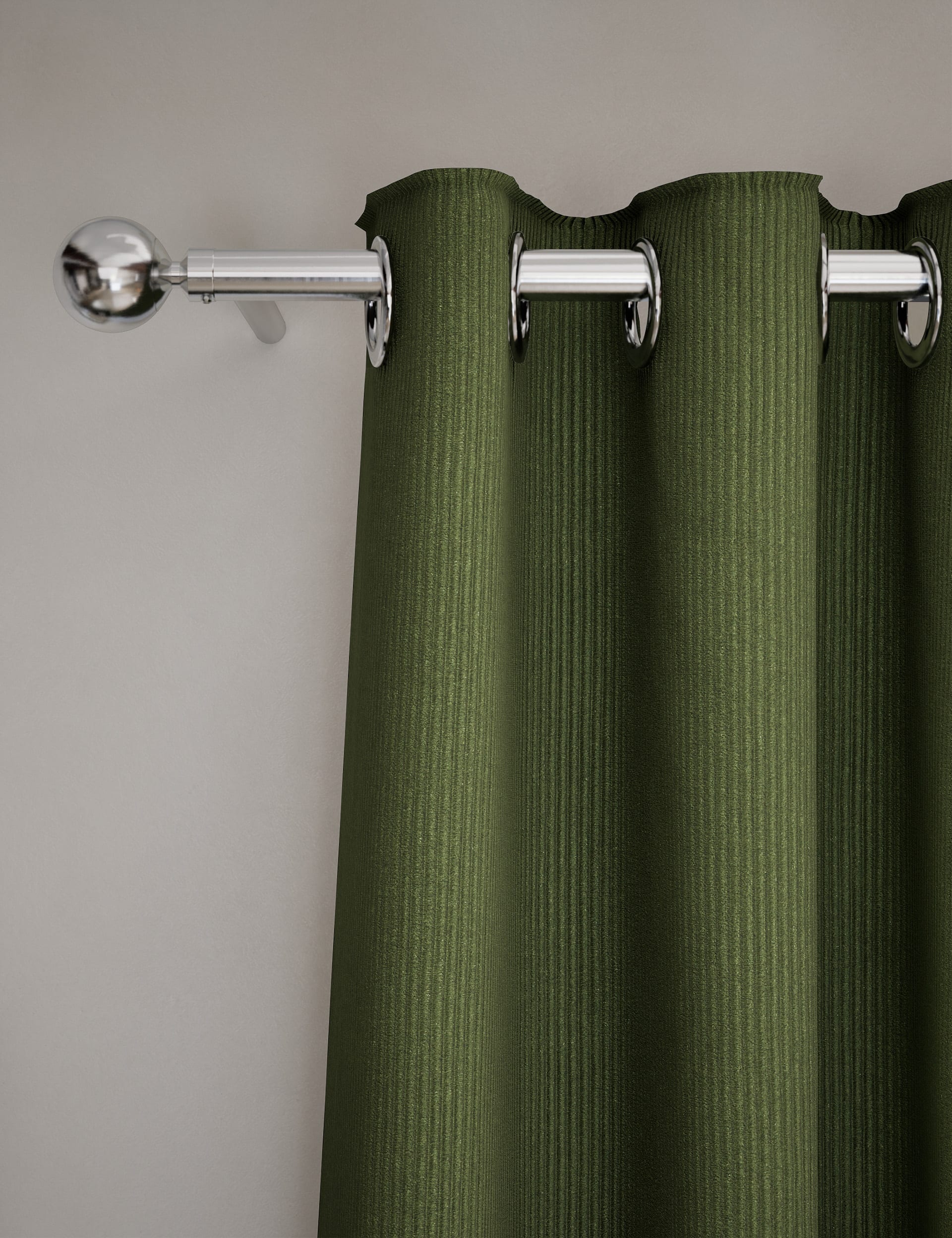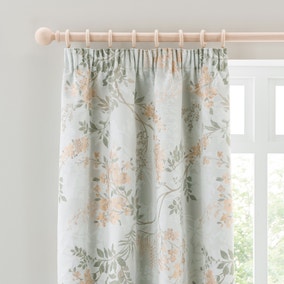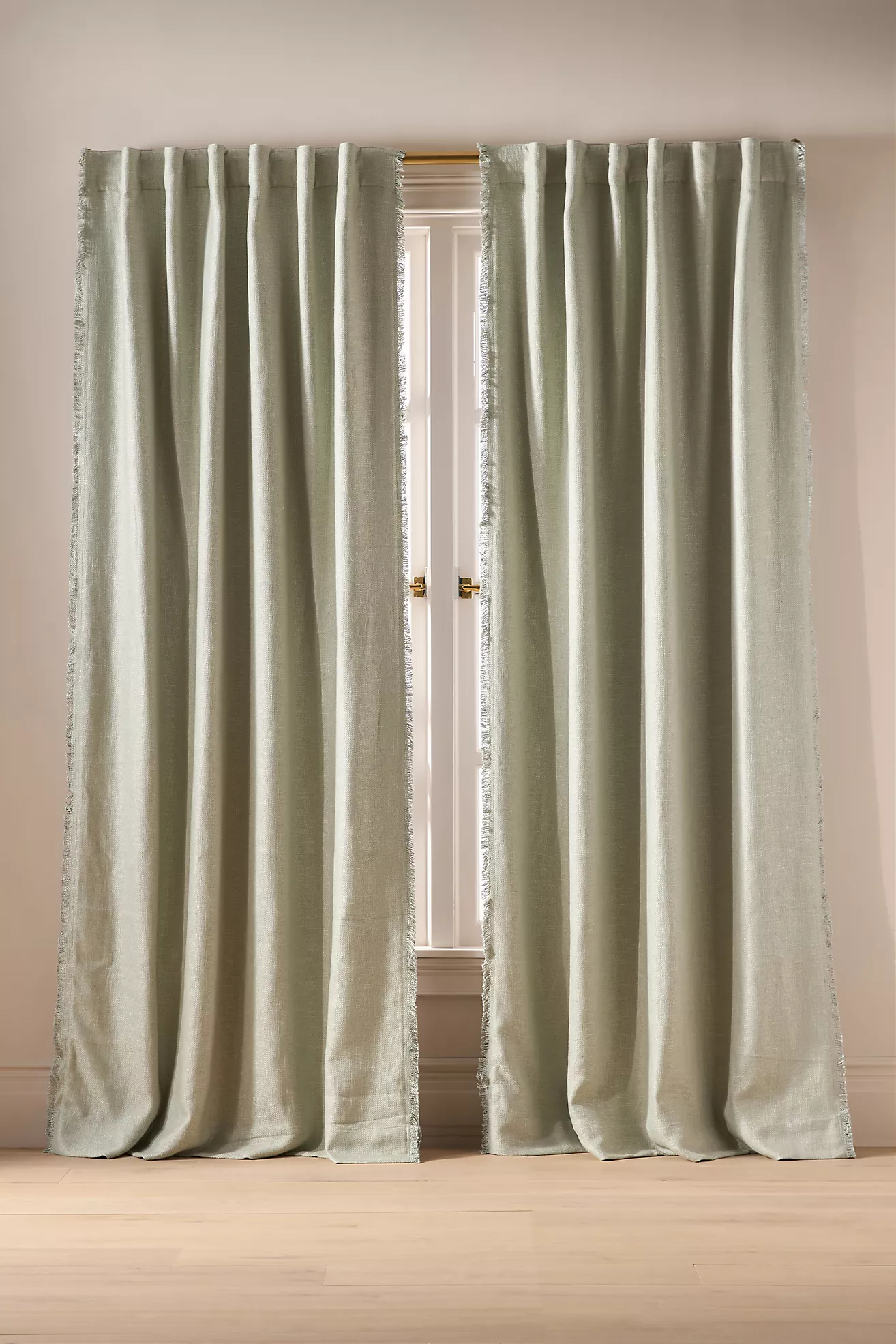Do you need blackout curtains in a bedroom? The experts unanimously agree on the answer if you want to improve your sleep
Whether you're a night shift worker or want to enjoy a long lie over the summer months, here's everything you need to know...

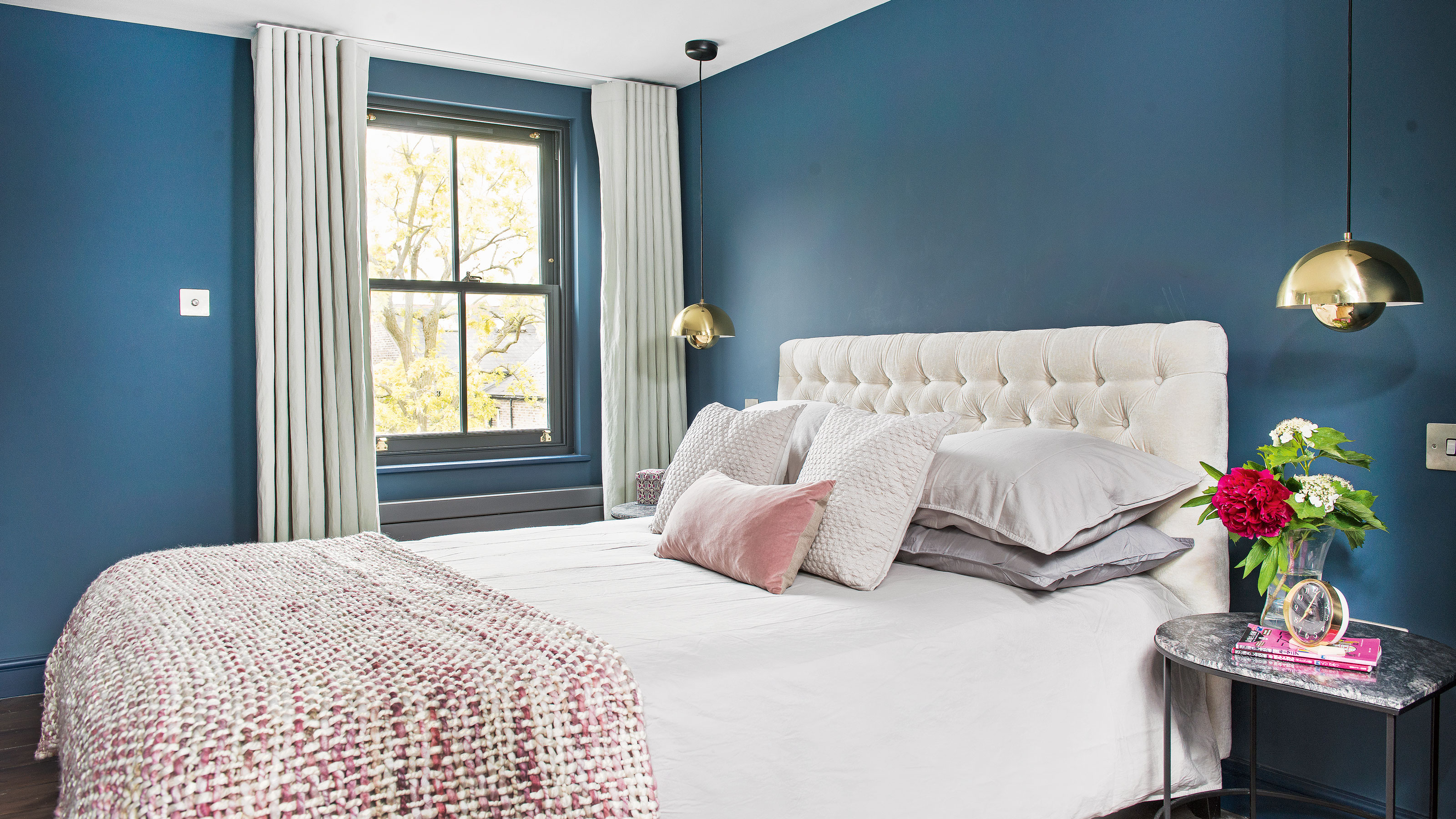
As we experience lighter mornings and evenings, you might have been wondering whether or not to invest in some blackout curtains in your bedroom.
This is especially true if you’ve found yourself being woken up by bright sunlight on a weekend, when you were hoping to have a bit of a longer lie-in, or if you're a shift worker sleeping during daylight hours.
Blackout curtains differ from regular curtains due to their lining that blocks out all light. In contrast, regular curtains usually have a thinner lining material. Most curtains can be adapted into blackout curtains at an additional cost.
However, even though there are lots of blackout curtain ideas to choose from, are they the right option for your bedroom window dressings?
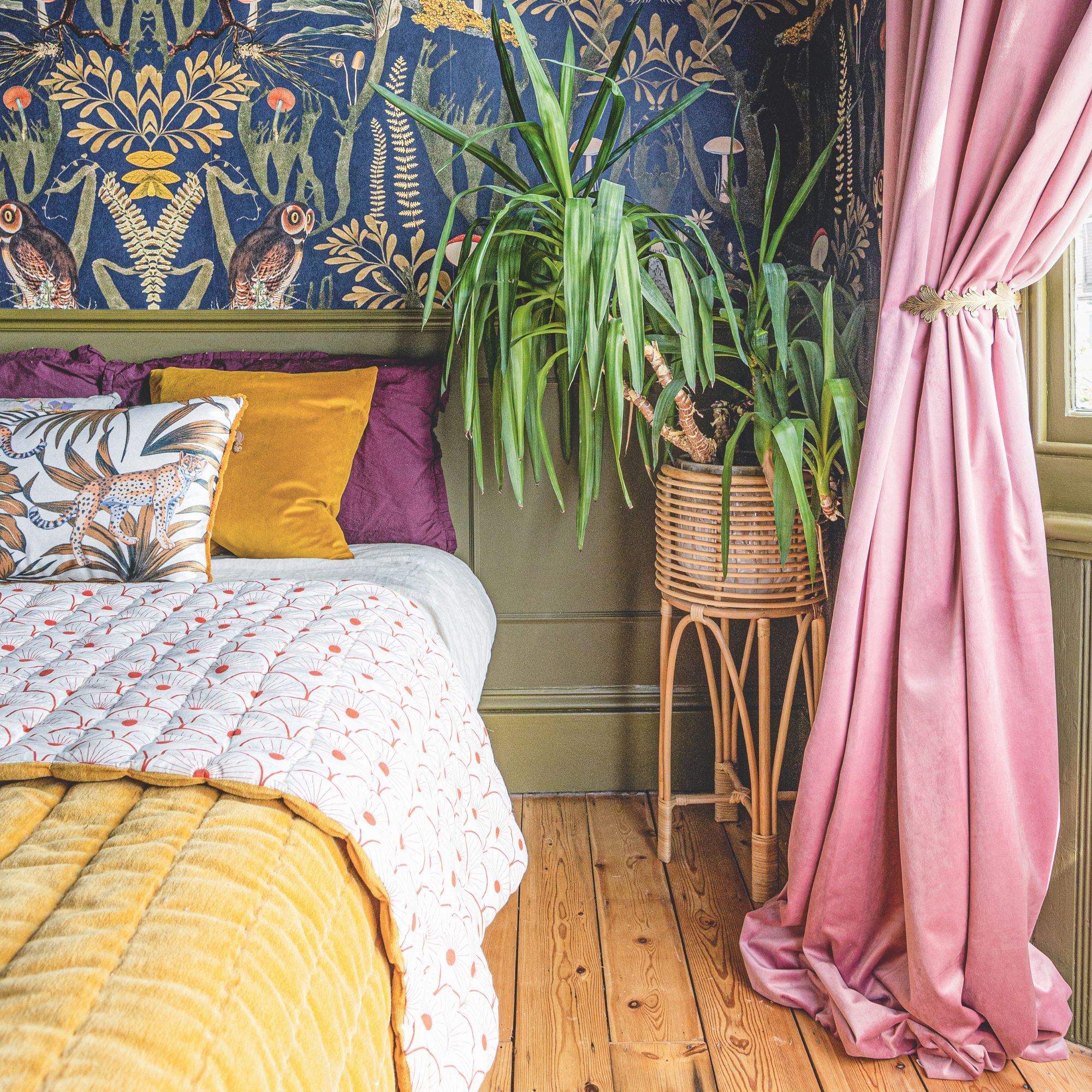
‘Strictly speaking, no, you don't need blackout curtains in a bedroom, and many people will sleep perfectly well without them. However, for others they can really make a world of difference to sleep quality and overall comfort when in bed,’ reveals Lee Trethewey, Interiors Expert at Sustainable Furniture.
In most cases, it comes down to personal preferences when you're thinking about bedroom curtain ideas. And some of these include ‘sensitivity to light, the specific light conditions of your bedroom, and your sleep schedule,’ Lee continues. For example, if you find yourself bothered by early morning light, streetlights, or even moonlight, then blackout curtains are certainly worth considering. They’re also a great idea if you work night shifts and are trying to catch up on sleep during the day.
But either way, ‘an ideal sleep environment is dark, so it’s important to ensure that there is no unwanted light in your bedroom come bedtime,’ says TEMPUR’s Sleep Specialist and Sleep Counsellor, Thomas Høegh Reisenhus. Which is why blackout curtains could work well for many.
Sign up to our newsletter for style inspiration, real homes, project and garden advice and shopping know-how
What are the benefits of having blackout curtains in a bedroom?
One of the most important benefits of using blackout curtains is how they block external light, and the effect that this can have on your sleep. In fact, ‘blackout curtains create a darker sleep environment which encourages the production of melatonin - the hormone that regulates sleep,’ Lee says.
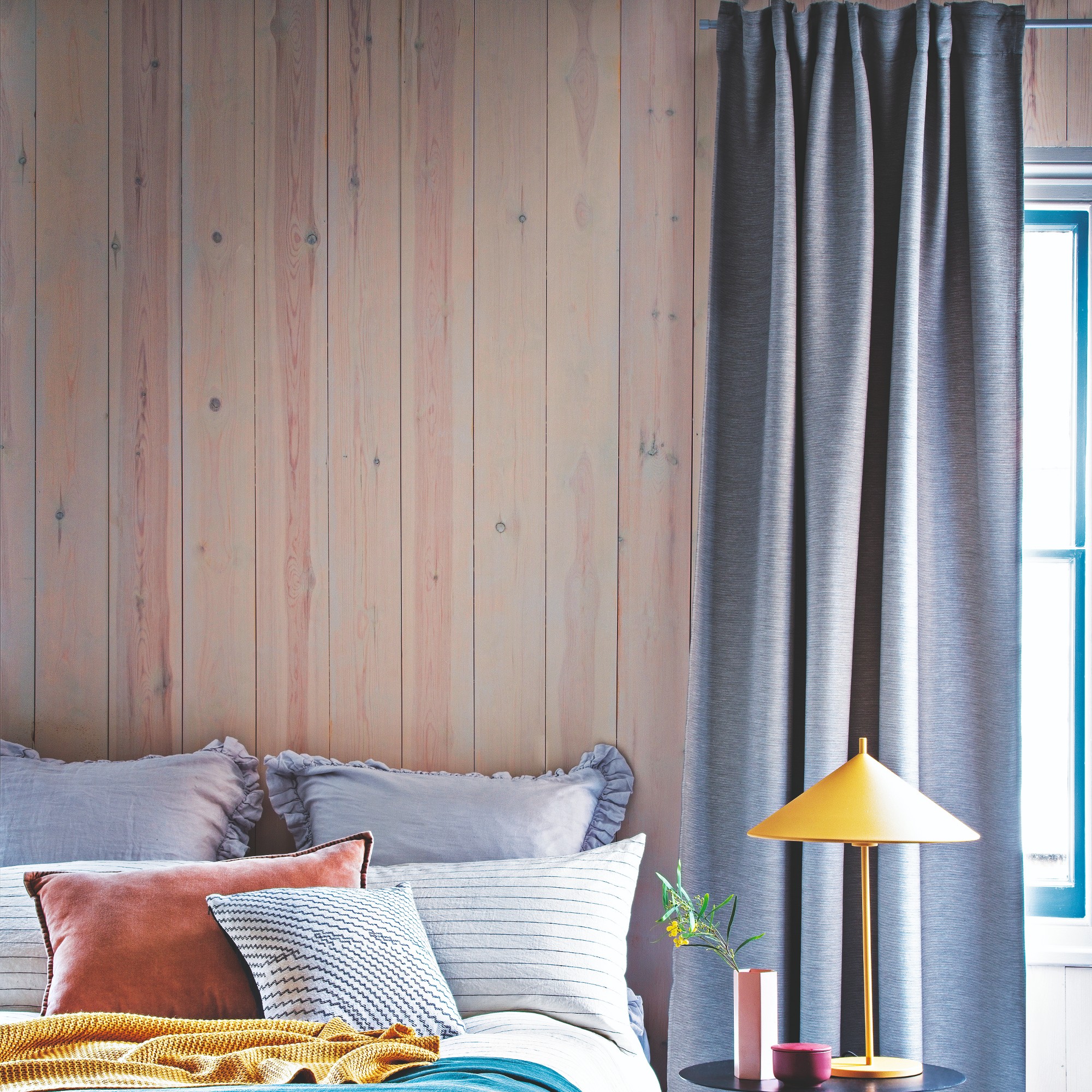
And ‘because blackout curtains are made with a thicker, denser lining, they can also help reduce noise pollution – so you're less likely to have your sleep interrupted by your noisy neighbours,’ according to Chloe Dacosta, Design Manager at Curtains 2go and Blinds 2go.
They also offer a higher level of privacy than standard curtains, preventing neighbours and passersby from seeing into your bedroom. This is particularly helpful if your window faces a busy street or other properties.
Another, possibly less apparent benefit, is UV protection. By blocking out strong UV rays from the sun, when we do get some sunny days here in the UK – blackout curtains can help to prevent your furniture, carpets, and other items in the bedroom from fading or becoming damaged by the sun over time.
Although it is important to note that they will only protect your interiors when they’re closed. So, you would have to close your blackout curtains in especially sunny weather for this to be the case, which might not work for everyone.
What are the negatives of having blackout curtains in a bedroom?
While blackout curtains do offer numerous benefits, they’re not without their drawbacks, particularly if you don’t necessarily need them. Due to their heavier fabric and linings, they can look and feel quite bulky, if not chosen carefully. This means they're not the best type of curtains for small bedroom windows, as they can be overwhelming.
Because of this, they can ‘make a room feel darker or smaller, particularly if they are not styled well, which may make the space feel less airy or inviting during the day,’ suggests Yvonne Keal, product expert at Hillarys.
They also offer limited light control when used on their own. So, if you prefer natural light or use your bedroom during the day, you might be better suited to a blackout blind layered with light curtains that is more adjustable.
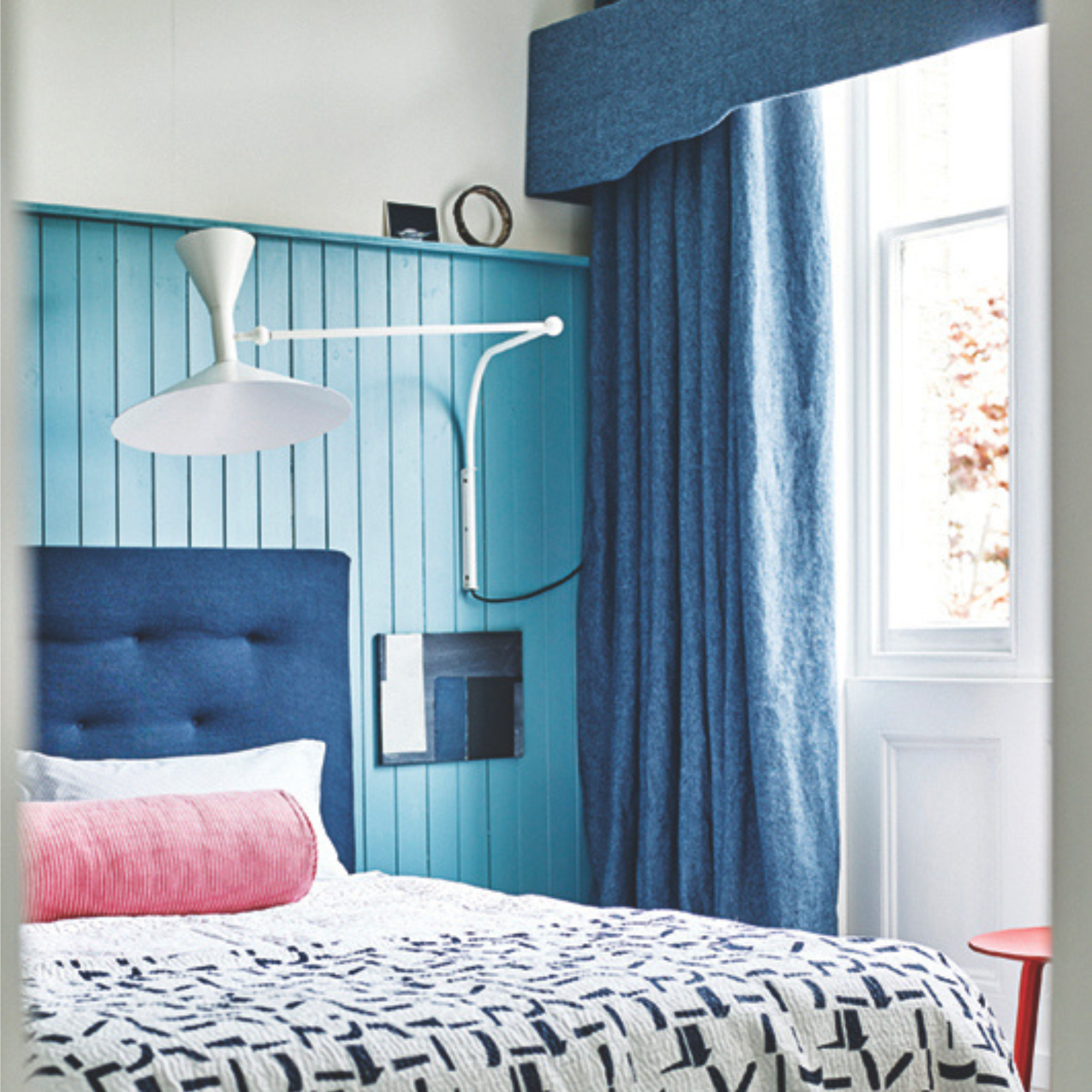
Another thing you might not have considered is that blackout curtains don’t allow for much airflow when they’re drawn, which may be particularly concerning over the warmer months. And if 'your bedroom is poorly ventilated, then the reduced airflow behind blackout curtains can become a problem for mould,’ Lee warns.
'As long as the bedroom is well ventilated, then this shouldn't be a problem - any bedroom with poor ventilation will risk mould growth, not just those with blackout curtains,’ he continues.
And, of course, blackout curtains can be a little more expensive than traditional curtains. However, there are more affordable versions on the high street now, like Dunelm's Luna Brushed Blackout Curtains that start at £18.75.
Are there any alternatives to blackout curtains?
If blackout curtains aren’t necessarily the best choice for you, there are several alternative window treatments which offer function as well as a bit more flexibility. ‘Blackout roller blinds or Roman blinds with a thermal blackout lining offer a sleeker look and are particularly good for smaller windows or rooms where space is limited,’ Ana says. ‘Shutters are another stylish option that provide excellent light control and insulation.’
Or, you might find that ‘combining standard curtains with blackout blinds gives greater flexibility in light control and style,’ Yvonne concludes.ay
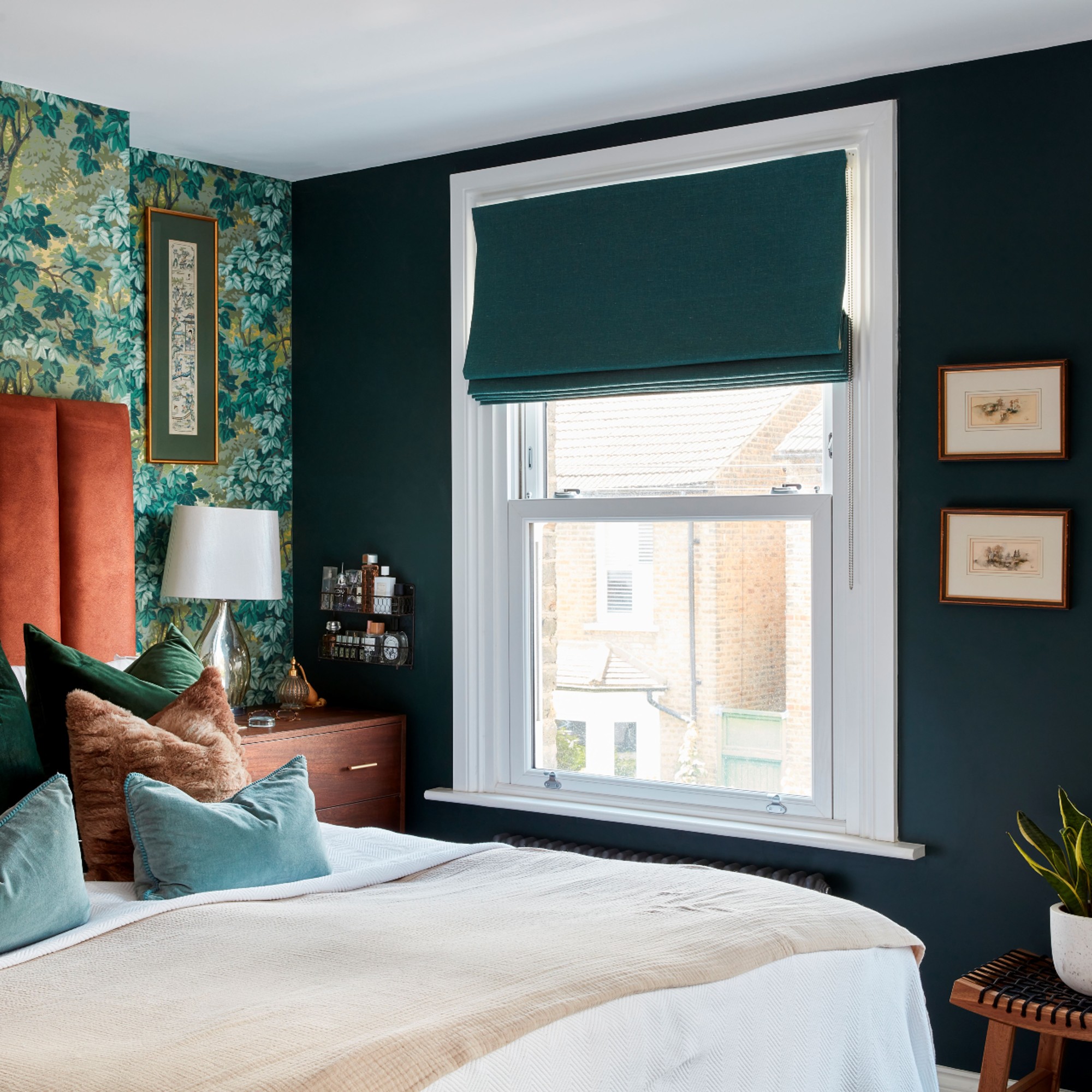
What should you look for in a good set of blackout curtains?
If you do opt for blackout curtains in a bedroom, there are a few things to consider. ‘When selecting blackout curtains, the most important thing is to look for quality fabric with a proper thermal blackout lining, not just heavy fabric alone,’ advises Ana Zuravliova, Trends Specialist at Blinds Direct.
And the experts concur. ‘It’s important to pay attention to the quality of the lining, making sure it is thick and well-stitched to effectively prevent any light leakage,’ Yvonne adds.
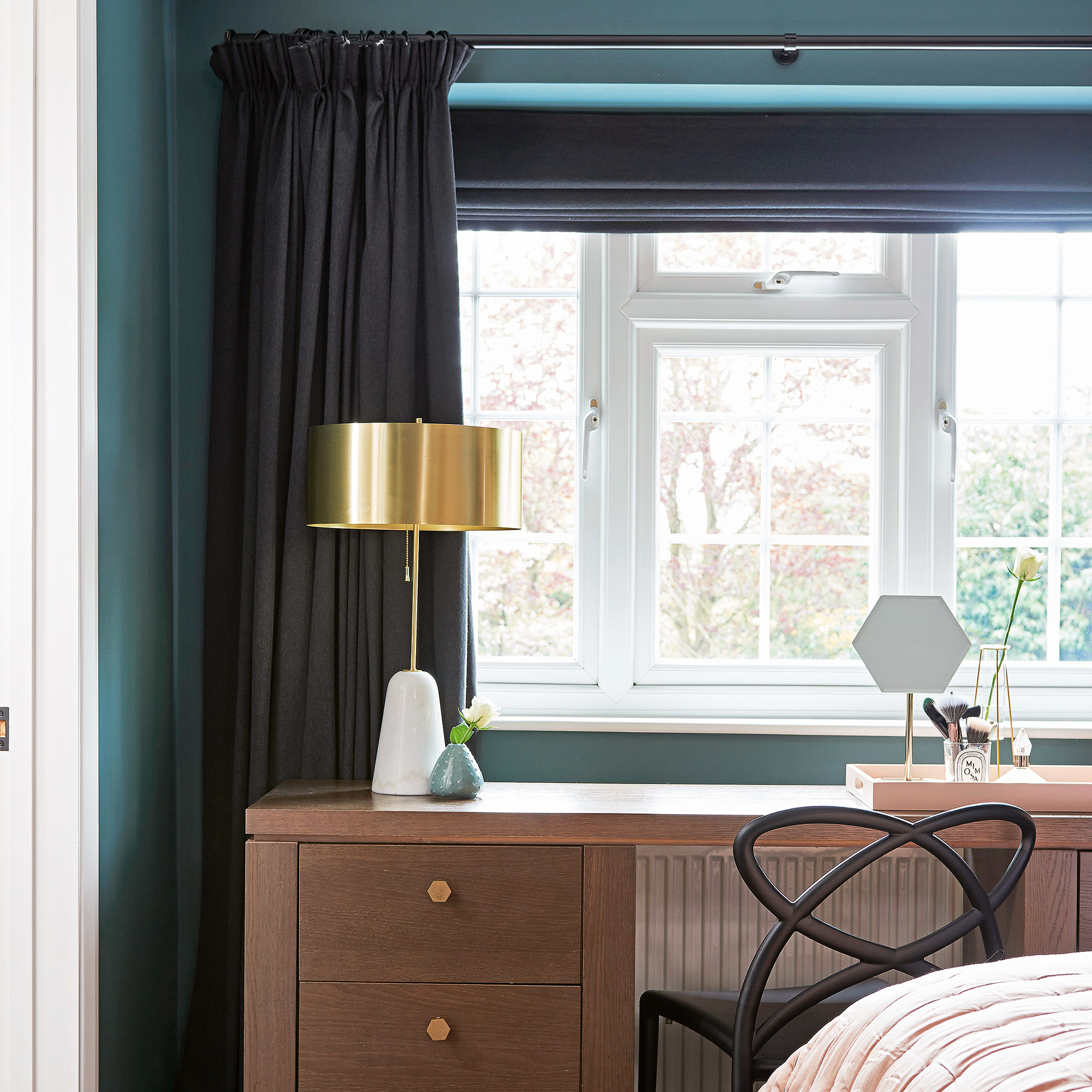
You’ll also want to ‘opt for full-length designs that extend beyond the window frame and ideally pair with a curtain pole or track that hugs the wall,’ says Debbie Leigh, Design Manager at ILIV.
And finally, ease of maintenance is also key, so you’ll want to look for ones that are easy to clean – ‘if you can find machine-washable ones, even better. Less hassle, more comfort,’ Lisa proposes.
FAQs
Do blackout curtains make a bedroom warmer?
Given the thickness of blackout curtains, you might have wondered if they make your bedroom feel warmer. However, they actually work to regulate the temperature all year round.
‘In the summer, they can block out a significant amount of heat from the sun, which helps in preventing your bedroom from overheating and becoming too hot to sleep in. In the winter, the thick fabric can act as an extra layer of insulation, which helps in retaining heat within the room,' Lee explains.
Something else to note, ‘the insulating factor not only enhances your sleeping environment but can also contribute to energy efficiency by reducing the need for heating and cooling,’ Ana says.
So, that might be another reason for you to think about switching your bedroom curtains to blackout ones.
Does it matter what colour blackout curtains are?
Contrary to popular belief, the effectiveness of blackout curtains isn’t determined by the colour but by the quality of fabric and lining used. So, you can choose any colour to match your existing decor or taste, without worrying about that affecting how well they work.
Yet ‘darker colours may show less dirt and can sometimes absorb more heat, while lighter shades may keep the room feeling brighter and airier when the curtains are open,’ Yvonne proposes.

Ellis Cochrane has been a Freelance Contributor for Ideal Home since 2023. Ellis has been writing about homes, interiors and gardens for four years now, with her also contributing to House Beautiful, Country Living, Expert Reviews, Real Homes and Stylist.
